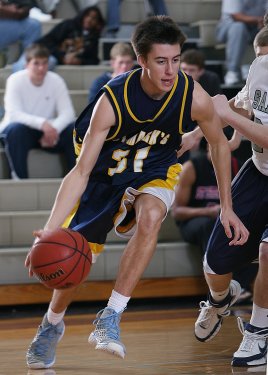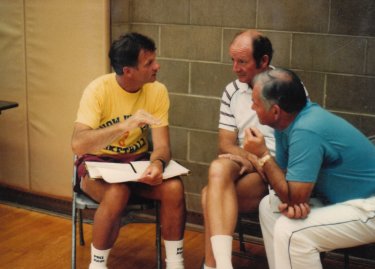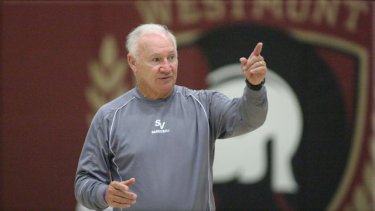Coaches strive to understand their athletes. They aim to understand how they learn and how they think in order to motivate and mold them into the athletes they want them to become. While coaches often act with the athlete’s best interest in mind by training and conditioning them physically for competition, coaches often miss crucial pieces of an athlete’s psychological experience. The psychological needs of an athlete can stem from performance situations, such as motivation or difficulty focusing during competition, or clinical situations, such as anxiety or depression.

Understanding and talking about the athlete’s psychological needs might help coaches understand what truly motivates each athlete and how they can better overcome the non-physical challenges they face throughout a season. No matter the number of hours spent training and conditioning, pre-competition anxiety can overwhelm even the most talented athlete. An athlete can diligently practice a new play, but the presence of an opponent or the pressure of the game may alter their ability to execute what they have practiced. Pressure situations can crack even the most prepared athletes who struggle with performance anxiety. By implementing psychological training components (i.e. sport psychology) coaches can assist athletes and teams in their quest to get better.
Why Sport Psychology Works
Sport psychology is the connection between the mind and the body and how the mind and body impact performance. Think of a race car. No matter how fast or powerful the car is, if the driver does not have the knowledge and control to operate the vehicle, the specifically built race car is no better than any other vehicle. Through the use of sport psychology concepts, the coach can aim to train athletes’ minds to effectively run their “race car,” through pressure and regular performances. Sport psychology concepts include topics like goal setting and self-talk to more complex theories of imagery and relaxation. Using these different sport psychology concepts, coaches can help athletes gain awareness of how their mind and body react during practice and competition, to better optimize performance. Having this awareness allows athletes and coaches to practice overcoming the innate internal obstacles that arise while they aim to achieve peak performance.




